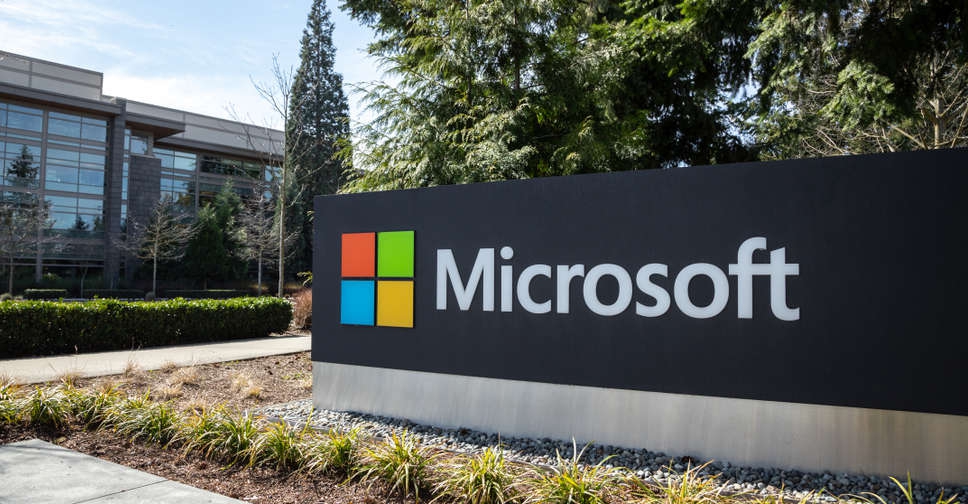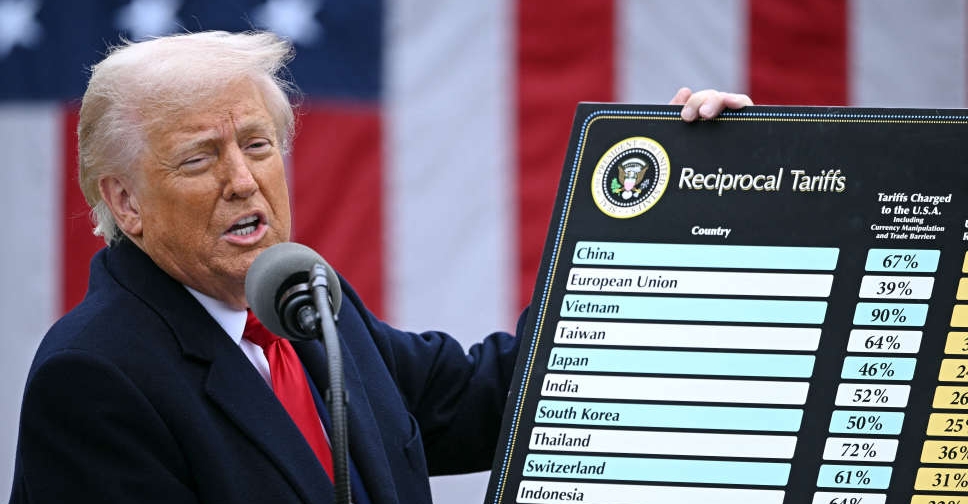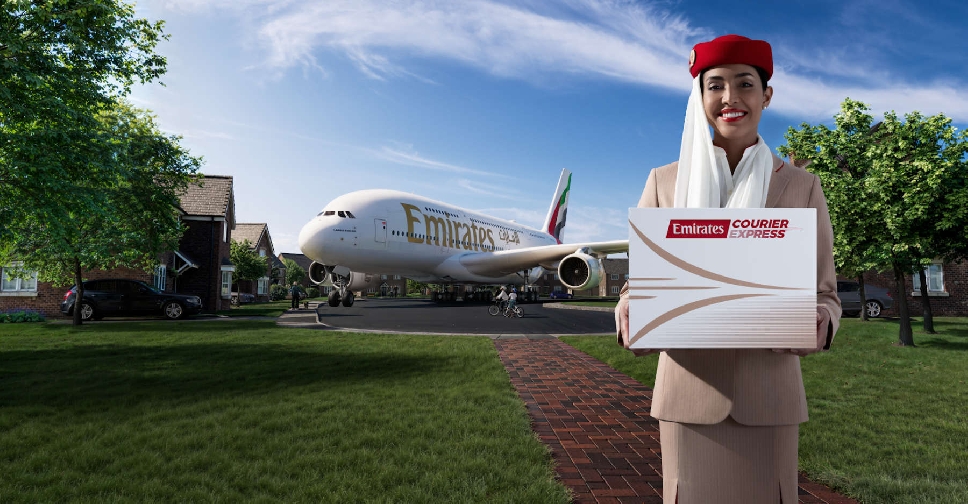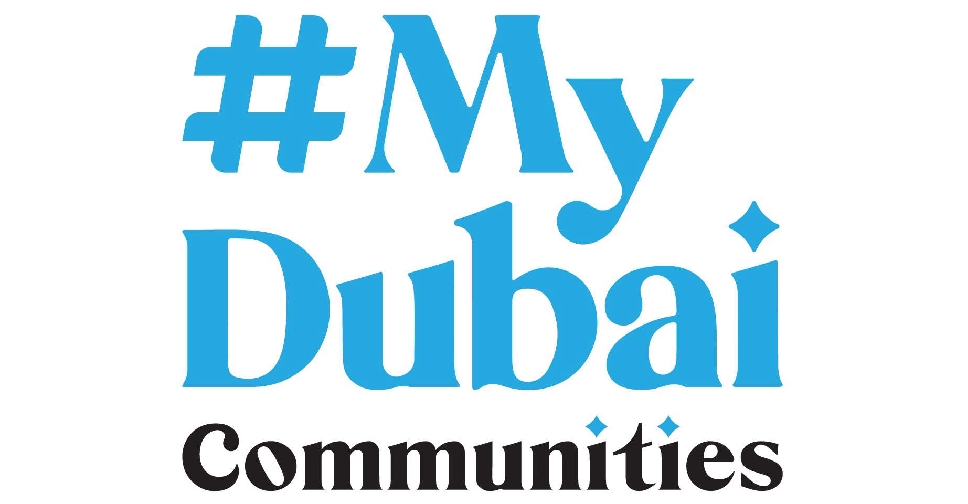
Microsoft hopes to revolutionise the web browsing and information-searching experience with the release of a new version of its search engine Bing, powered by the same AI technology that is behind ChatGPT.
The Prometheus Model AI technology, as Microsoft calls it, will kickstart the AI race, according to CEO Satya Nadella.
“It's a new day in search. The race starts today, and we’re going to move and move fast,” he said. “Most importantly, we want to have a lot of fun innovating again in search, because it’s high time.”
The new Bing is a result of Microsoft's partnership with OpenAI, the creator of the language model GPT 3.5, which powers the popular chatbot ChatGPT.
At an event announcing the product, Nadella declared, “It’s a new day in search.” He emphasized the company's belief that the paradigm for web search hasn't changed in decades, but AI technology can deliver information in a more fluid and quick manner than traditional methods.
The new Bing provides a glimpse of what the future of information retrieval might look like, with AI annotations appearing alongside traditional search results and the ability to converse directly with the Bing chatbot in a chat interface similar to ChatGPT.
The upgraded Prometheus Model AI technology, which is more powerful than GPT 3.5, is able to retrieve and provide up-to-date information for various types of searches, such as recipes, travel tips, and shopping for furniture. During demos, the Bing chatbot was even able to answer questions about the launch of the new Bing and provide a rough itinerary for a five-day trip to Mexico City, accompanied by links to sources for more information.
In addition to the new Bing, Microsoft has also launched two new AI-enhanced features for its Edge browser, "chat" and "compose." The "chat" feature allows users to summarise the webpage they're viewing and ask questions about its contents, while the "compose" feature acts as a writing assistant, helping generate text based on a few starting prompts.
The launch of the new Bing has sparked competition with rival tech giant Google, who recently released its own ChatGPT named Bard.


 Shares bruised, dollar crumbles as Trump tariffs stir recession fears
Shares bruised, dollar crumbles as Trump tariffs stir recession fears
 Wall Street futures sink as tariffs fuel recession fears
Wall Street futures sink as tariffs fuel recession fears
 Trump to impose 10% tariff on UAE, Saudi Arabia imports
Trump to impose 10% tariff on UAE, Saudi Arabia imports
 UAE tops global entrepreneurship rankings for 4th straight year
UAE tops global entrepreneurship rankings for 4th straight year
 Emirates launches express delivery service
Emirates launches express delivery service




